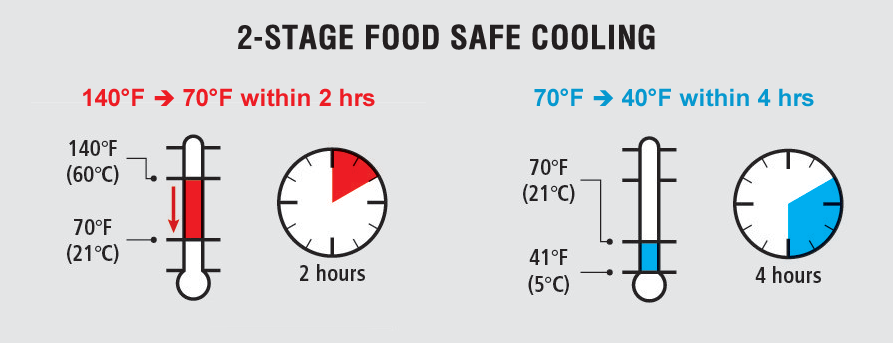- Advertisement -

Popular
Food Safety for Camping and Hiking
Camping and hiking are great ways to exercise and appreciate nature. But they also create hunger - and food that is not packed properly and handled safely can create foodborne illness.
Food Safety for Seafood
The safe handling of seafood is essential to reducing the risk of foodborne illness. Follow basic food safety tips for buying, preparing, and storing fish and shellfish — so you and your family can safely enjoy the fine taste and good nutrition of seafood.
How to report a food problem as a consumer?
Found a problem with your food? If you suspect that a food product is contaminated or has made you or someone that you know sick, follow these guidelines to report it.
Food Safety Attention While Eating Out
Dinner and a movie date night? Ditch the leftovers, not your date! Remember, leftovers are only safe for 2 hours at room temperature and won’t last through a movie - and only 1 hour if the temperature is over 90°F. After that time, bacteria growth can occur and cause food illness. Likewise, during warmer months bacteria multiply faster – so keeping food safe is more challenging.
Foodborne Illness: What You Should Know
Foodborne illness is a common – yet preventable – public health problem. Ensuring food safety is increasingly more important as food trends change along with the globalization of our food supply. To prevent foodborne illness, it is necessary to understand how food becomes unsafe to eat and what proactive measures can be taken.

























